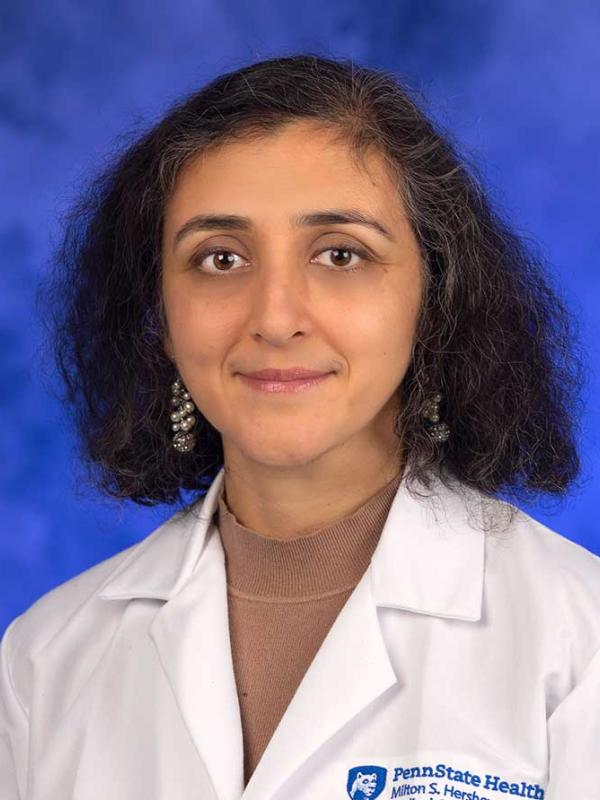Tumors That Occur Inside the Nose or Sinuses Near the Nose
Your nose opens into the nasal cavity, which runs along the top of the roof of your mouth. Sinuses are air-filled spaces – the paranasal sinuses are the group located near your nasal cavity. Any of the cells that make up the layer of mucus-producing tissue in the nose and sinuses can become cancerous, as well as other types of cells in the nose that include bone and cartilage cells. However, cancerous tumors rarely occur inside the nose or in the paranasal sinuses. Doctors treat only about 2,000 cases in the U.S. each year.
Scientists don’t know the cause, but the following are at higher risk:
- Smokers
- People who work near certain types of chemicals.
- Men
- People who are in their 50s and 60s
Human papillomavirus (HPV) can also cause some cancers.
There is no way to prevent most of these cancers, but you can reduce your risk of getting them. People who make healthy life choices and avoid harmful chemicals have a better chance of avoiding nose and paranasal sinus tumors. You can:
- Quit smoking
- Wear a protective face mask if you work around dust and toxic fumes
- Protect yourself against HPV
If you have sinus problems or nosebleeds that don’t get better, it’s important to see your doctor.
Symptoms, Diagnosis & Outlook
Many types of nose and paranasal sinus tumors don’t cause symptoms. Some are not cancerous, but if they last a long time, some of the following symptoms may mean cancer, including:
- Headaches
- Nosebleeds
- Reduced sense of smell
- Nasal congestion that doesn't get better
- Excess mucus dripping down the back of the throat
- Pain or numbness in the eyes, jaw, forehead, cheek or nose
- A visible growth in the face, nose, palate (roof of the mouth) or neck
- Bulging of one eye, constant watery eyes or change of vision
- Loose teeth or dentures that no longer fit
- Pain or pressure in the ear
A head and neck specialist, called an otolaryngologist, treats nasal and paranasal sinus tumors. At your appointment, you will answer in-depth questions about your personal and family medical history and describe the severity of your symptoms, including how long you have been experiencing them. Your doctor may also perform a nasopharyngoscopy during your visit. He or she will use a local anesthesia, usually a spray in your nostrils, to numb the feeling in your nose, and insert a small, flexible, lighted tube into your nose.
If abnormalities are found, you will have a biopsy, in which a small tissue sample is taken from the area to confirm the diagnosis and check for the extent of the cancer. In most cases, biopsies can be performed in the office, but your specialist may want a more thorough evaluation by performing a biopsy in the operating room under general anesthesia.
Your doctor may also order the following tests:
- X-ray: a picture of the facial bones, nose and sinuses.
- Computed tomography (CT or CAT) scan: takes detailed images of internal organs, bones, soft tissue and blood vessels. Your physician is able to use the cross-sectional images to confirm the presence, size and location of a tumor.
- Magnetic resonance imaging (MRI) scan: takes detailed pictures to help diagnose cancer and monitor the effectiveness of treatments.
- Positron emission tomography (PET) scan: generally used in later-stage cancers to determine if cancer has spread to other organs. PET scans are sometimes combined with CT scans to provide a more precise and accurate diagnosis.
Cancer is often described in stages that rate the severity of the cancer and help your doctor determine the best treatment plan for you. Nose and paranasal sinus cancer stages range from I, which is the least severe, to stage IVC, where the cancer has spread. In general:
- Patients with early-stage nose or paranasal sinus cancer have long-term survival rates of up to 100% after treatment.
- Advanced stage cancer patients have the lowest survival rates.
- When the cancer has spread to other body organs, such as the lungs, cancer is not usually curable.
Meet the Team
At Penn State Cancer Institute, we diagnose and treat all types of nose and paranasal sinus tumors. Our multidisciplinary team is made up of surgeons, radiation and medical oncologists and pathologists who guide you through every step of your care. Our surgeons take part in conferences with other cancer specialists. We discuss the specifics of your case and – putting all our skill and experience together – create a treatment plan just for you.
Surgery is usually the recommended treatment for nose and paranasal sinus tumors. Our advanced surgery techniques include:
- Transoral robotic surgery (TORS)/flex robotic system and da Vinci robotic surgery
- Minimally invasive radio-guided parathyroidectomy surgery
- Endoscopic skull base surgery
If needed, we can also improve your appearance after surgery with state-of-the-art facial reconstruction.
Your doctor may recommend radiation, with or without chemotherapy, depending upon the extent of the cancer or if surgical treatment is not appropriate. If radiation is the main treatment instead of surgery, and the cancer returns, surgery may be the only option. Medication may also be part of your treatment plan.
Side effects of surgery for nose and paranasal sinus tumor treatment can include:
- Anesthesia risks
- Infection
- Bleeding
- Pain
- Chronic nasal congestion
- Reduced ability to smell (hyposmia) or loss of sense of smell (anosmia)
- Nasopharyngeal reflux, in which stomach contents reach the upper part of your throat, behind your nose
- Cosmetic deformity
- Excessive eye watering (epiphora)
- Double vision (diplopia)
- Displacement of the eye (enophthalmos or hypophthalmos)
Radiation may also cause short-term pain and nasal congestion or long-term chronic dry eye, post-radiation retinopathy or optic neuropathy and vision loss. Chemotherapy side effects depend upon the type of drugs used.
After successful treatment, careful follow up is important. Your doctor needs to make sure no other head and neck cancer develops
Why Choose Penn State Health for Care
Comprehensive, Compassionate Care
Penn State Health provides specialized testing, treatment and management for nose and paranasal sinus tumors. Our medical team is consistently recognized nationally through Best Doctors in America and America’s Top Doctors awards. Our specialists also participate in worldwide conferences and speaking engagements in countries including India, Korea, Germany, Japan and others.
Leading-Edge Clinical Trials
The nose and paranasal sinus tumor experts at Penn State Health Milton S. Hershey Medical Center and Penn State Cancer Institute are committed to offering their patients the latest treatment options, including access to leading-edge clinical trials. Our superb clinical research team includes dedicated research nurses, clinical trial coordinators and data analysts and gives patients the opportunity to participate in the latest clinical trials. Learn more about new Penn State Health clinical trials at StudyFinder.
Support Groups
Support groups provide an opportunity to share your feelings and connect with other patients and caregivers who are experiencing similar struggles.
Convenient Locations
Find the care your family needs, close to home, at one of our many locations throughout central Pennsylvania.
Find a location near you















